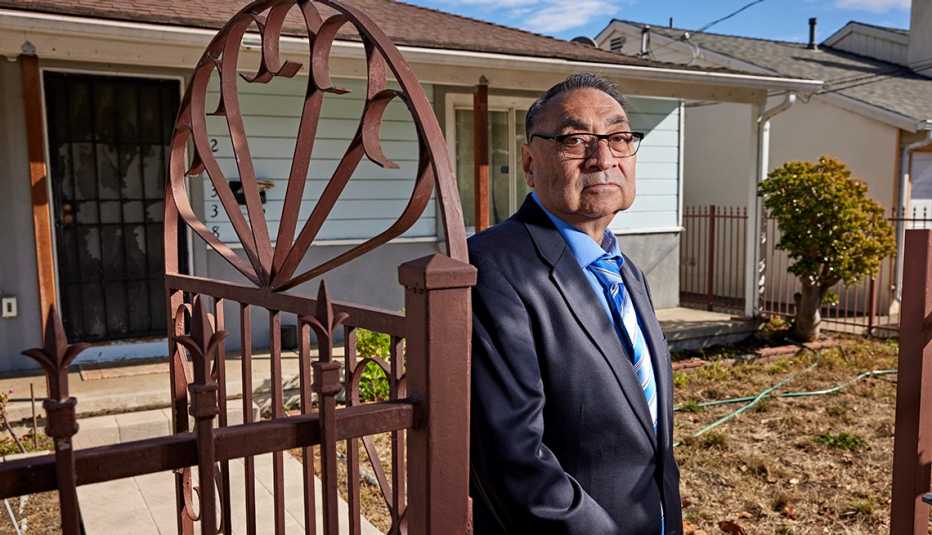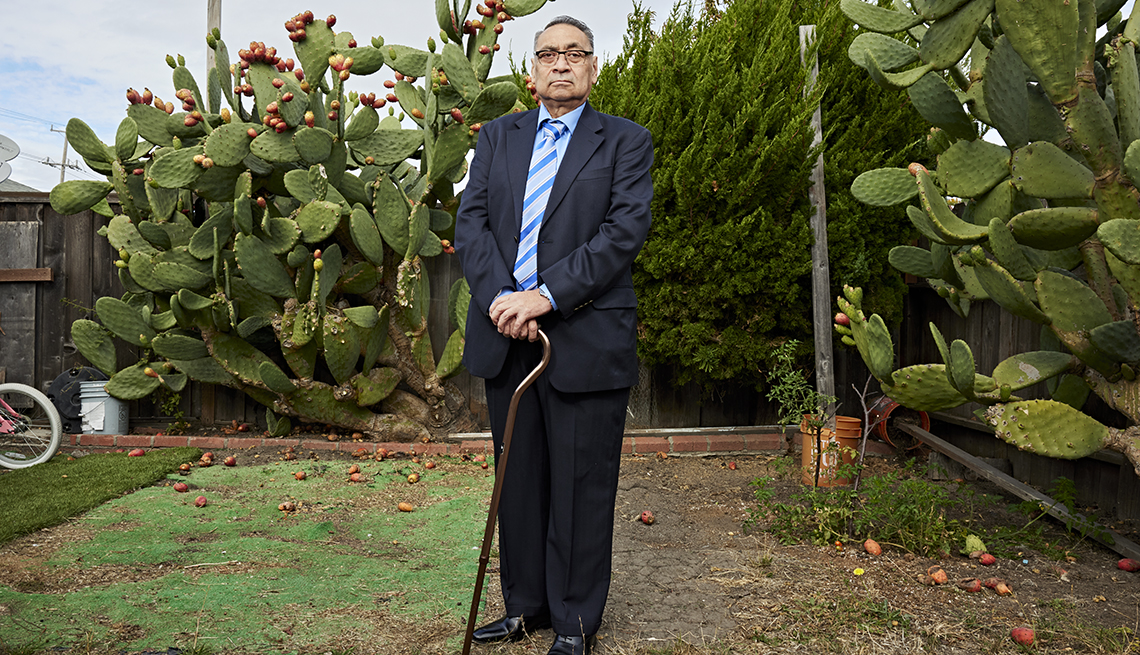So any problems with DDS ripple through the entire Social Security disability system, and DDS is “riddled with problems,” says Kathleen Romig, director of Social Security and Disability Policy at the Center on Budget and Policy Priorities.
“These facilities are a total mess,” she says. “DDS is even worse staffed than SSA. No one wants to work there, they’re miserable, and the pay isn’t very good.”
Backlog Balloon
The Social Security Administration’s backlog of claims has ballooned as delays in disability benefit decisions have grown. In 2019, just before the pandemic began, about 600,000 claimants were waiting for initial decisions on their benefit claims. In 2023, the backlog exceeded 1 million for the first time.
One person caught in the impasse is Mike, 49, a security systems analyst and Army veteran from the Dallas-Fort Worth area.
Mike (who, like Jose, agreed to speak on condition that his last name not be used) was diagnosed with two types of cancer in 2021. No longer able to work, Mike applied for SSDI in March 2022 and received legal assistance from the start.
“I did a little research and found it would be much easier to just pay a lawyer to do the process properly,” he said.
Mike was denied in what would be considered a relatively quick decision today, four months. He requested a reconsideration in August 2022, but the Social Security Administration told his attorney that the case would not be assigned for seven months, until March 2023. He received his benefits in August, 17 months after his initial application.
Hinkle said SSA is taking steps to ease the backlog: The agency has deployed about 300 federal employees to DDS locations around the country to help process claims, and it is also increasing payroll budgets for state offices, providing more training and guidance to recruits and reducing the time it takes to complete background checks to speed up the hiring of employees.
Still, there are no quick fixes: For SSDI and SSI applicants, whether wait times for decisions will be shortened depends on a number of factors, including “sufficient and continued funding from Congress,” Hinkle said.
The 2024 federal fiscal year began on Oct. 1, but the Social Security Administration, like other federal agencies, is funded at fiscal year 2023 levels under continuing resolutions passed by Congress in mid-November and mid-January to avert a government shutdown. The new Congressional deadline to adopt a Social Security Administration budget for fiscal year 2024 is March 8.
The SSA portion of President Joe Biden’s fiscal 2024 budget proposal, submitted in March, seeks to increase funding for the agency by 10% to $15.5 billion. Under the plan, DDS would receive $2.9 billion, an increase of more than $350 million from its current budget.
The proposed spending “will provide the resources needed to retain SSA and DDS staff, provide adequate overtime pay, and cover additional case processing costs to increase the number of disability cases we can process,” Hinkle said. “Receiving less than the President’s budget request will result in reduced capacity and longer wait times.”
AFGE argues that much more needs to be done to set things right: The union is asking Congress to approve an additional $20 billion in funding for the SSA over 10 years, including $2.5 billion to restore staffing levels to 2010 levels and $3.2 billion to improve employee benefits to help with recruitment and retention.
But for now, “the system will remain as is,” Mike says. “If you’re not patient, you’re going to have to wait a long time.”

After his application was rejected twice, Jose was able to get his disability application reinstated with the help of a legal aid organization.
Gabriella Hasbun
Can legal assistance expedite my disability claim?
According to the National Bureau of Economic Research, having an attorney or professional disability advocate take on your case can be a key step in securing Social Security disability benefits and getting them sooner.
In a 2022 study, the nonprofit research institute found that having legal representation early in the process increases the odds of getting a positive decision on your first benefit claim by 23 percent.
“This will result in faster payment of disability benefits to individuals who would otherwise not receive benefits if they appealed,” the report states. “By ensuring early payment and preventing frivolous appeals, defense lawyers will reduce the overall time it takes to process cases by nearly a year.”
“We found that this really does have a big benefit for a lot of applicants,” said Nicole Maestas, director of the research group’s Center for Retirement and Disability Studies and co-author of the study. “It helps them put their application together in a way that will get them approved.”
In most cases, you won’t have to pay an upfront fee for legal help with your disability claim. Your lawyer will only get paid if you win your case, and their fees will be paid from your “back pay” — any unpaid benefits you would have received if the Social Security Administration had approved your claim earlier.
The fee is capped by the Social Security Administration at 25% of the amount owed or $7,200, whichever is less, and if there are no outstanding wages (“pretty common,” says John Hurd, a longtime disability attorney in San Antonio), there is no fee, even if the client receives future benefits.
“If you can find a legal aid service that can help you, that’s a good first step,” says Richard Johnson, retirement policy program director at the nonprofit Urban Institute. “The application is complicated, and there are rules that people don’t understand.”
Jose, a Bay Area factory worker, applied for SSDI himself by phone when multiple physical and mental health issues left him unable to work. His initial application, filed in 2016, was denied, and a subsequent request for reconsideration was also denied. In late 2019, Jose contacted a legal aid organization for help with his next step: an appeals hearing.
In August 2021, one month after the hearing, an administrative law judge approved Jose’s application and awarded him benefits retroactive to June 20, 2016, the date the judge determined he was unable to work due to his disability.
“I’m so glad I went to ask for help,” Jose says. “Thanks to them I got disability benefits and I don’t have to rely on welfare.”


